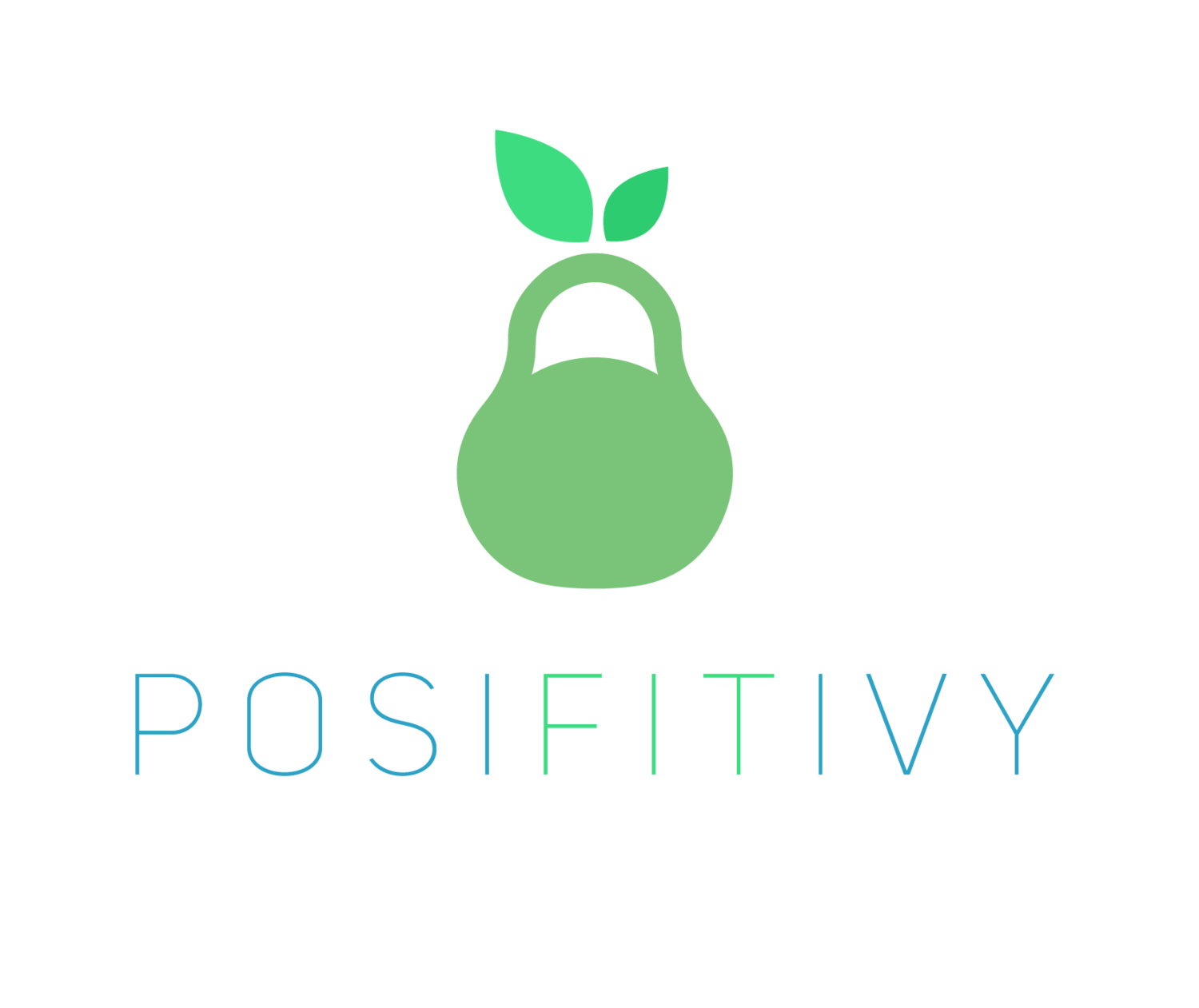women shouldn’t have to be beautiful
In early November, Keanu Reeves stepped out onto the red carpet with his new girlfriend, Alexandra Grant. While relationship debuts are always media fodder, this particular incident was special. Alexandra stepped out with graying hair and some visible wrinkles. I was amazed at the reaction: it seemed that women were heaving a collective sigh of relief because a woman in the public eye had finally decided it was okay to look her age. Surely, that means it’s okay for the rest of us to look our age, too. Surely, we don’t have to look like flawless 20-year-olds in perpetuity?
I’m 25 years old. Many days, I pause to look at myself in the mirror and feel some panic that I’m getting older. I chastise myself for that panic and fear. I want to be able to celebrate signs of age, reminders of time I’m blessed to have had. Some days, I can successfully sit in that resolve and move on. Others, like the day Alexandra Grant stepped out onto the red carpet, I’m reminded of how unrealistic a hope that is. I was disturbed by the fact that her act was one of true bravery, and disgusted that Reeves was being hailed as a good man for - shocker! - accepting a woman as she is.
A woman’s social currency is her appearance. We rail against that in a variety of ways, like launching campaigns expressing that every woman is beautiful, or sharing vulnerable pictures on social media of physical flaws. These messages get drowned out: we are bombarded with pressure to be beautiful wherever we go or look. One only has to turn on the television to see perfectly-coiffed women delivering the news or weather report. Many of the most omnipresent women on social media are famous, in part, for how they look. Standards are only getting higher: it’s now the norm to get injections and undergo surgical procedures in the name of moving closer to the ideal, whatever that is. Of course, to keep things interesting, the ideal is always changing, and we chase it anyway, a devious phantom.
Recently, a friend of mine remarked that she had just gotten her eyebrows shaped and that her face felt “clean.” She had always had dainty, pretty eyebrows and inexplicably began to get them shaped as an adult. I went home that day and looked at my own. Do I need to get my eyebrows done? I had resisted doing so for my entire adult life because I didn’t want to add another “thing” to my list. I was worried that a new beauty routine would make me feel even more inadequate in my own skin, a battle I already fought every day.
As a woman, it’s impossible not to be aware of beauty standards. Social media has made it even more difficult not to conform - in addition to absorbing messages from mass media about how we’re supposed to look, we’re now inundated with perfect photos (likely edited) of women who are supposed to be just like us. It was easier to feel removed from a Hollywood star, and perhaps that relative ease allowed us to let ourselves off the hook. It’s a lot harder not to compare yourself to a woman in your age group you can relate to.
So what’s the answer? I once believed that women should dispose of their beauty routines and go make-up-free in protest. I’ve changed my mind: make-up and beauty routines aren’t inherently the problem. The problem lies in our motivations for engaging in them. Of course, we’ve repackaged the act of wearing make-up or getting surgery/injections as personally empowering. By rebranding the desire to change our appearances this way, we conveniently avoid taking a hard look at the social climate we exist in. We engage in our own objectification. We use time and energy thoughtlessly pursuing beauty, draining us of the potential to pursue healthier, more fulfilling activities. We absolve ourselves of the duty to introspect honestly about the potentially toxic role of beauty in our lives.
As with many things, I don’t believe change will come “from above.” What would be the industry incentive for convincing women that they are fine as they are? We must be the drivers of a cultural shift. The decision to act will look different for every woman. A few years ago, my struggles with body image led me to focus solely on my health. On most days, I go make-up-free. And that day with my friend, I recommitted to leaving my eyebrows alone. These small acts of defiance may not have made a difference to anyone else’s life, but they have in my own. I believe that if enough of us choose not to change something about how we look, and are vocal about doing so, we can transform the existence of all women. We will come to realize we don’t have to be beautiful. We can just be.



